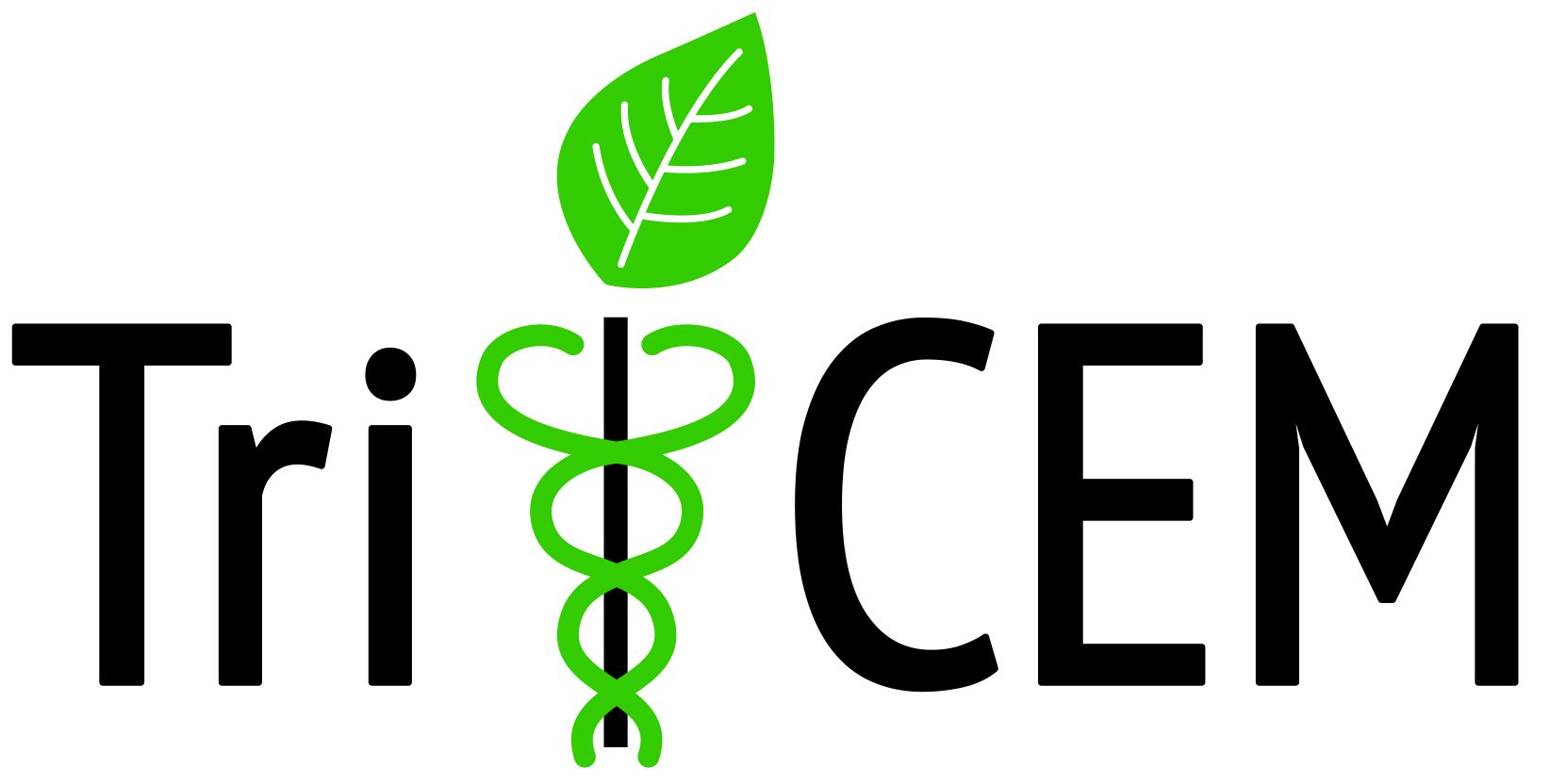Parallel evolution of gene molecular mechanisms underlying evolution of hippocampal function

The hippocampus is a brain region that plays an essential role in human memory and has been linked to mental disorders such as Alzheimer’s and depression. Homologs of the human hippocampus have been proposed for all vertebrate groups and, within each group, some species have evolved specializations of the hippocampus that enable advanced learning abilities. I hypothesize that the evolution of hippocampal function within different vertebrate groups depends on the evolution of the same gene molecular mechanism. In order to address my hypothesis, I will draw upon expertise from three labs at two universities to generate computational programs and use them to compare hippocampus and whole brain gene expression profiles among 14 vertebrates, across 10 families and three classes. The results will further verify the homology of vertebrate hippocampus and test whether parallel evolution really occurred across vertebrate hippocampal specializations at the scale of gene-regulatory level. Comparing evolution of hippocampal gene expression profiles across vertebrates could enable us to infer the fundamental gene-regulation rules underlying the hippocampal specializations, which could, in turn, aid our understanding of human hippocampal specialization and its pathology underlying mental diseases.
